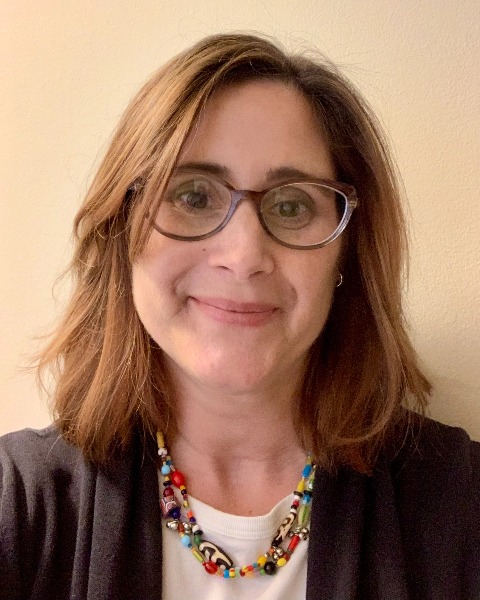Health Evaluation
Telling stories through strategic state health planning
-
EG
Emily Groebner, MPH (she/her/hers)
Evaluator II
Professional Data Analysts, United States -
EG
Emily Groebner, MPH (she/her/hers)
Evaluator II
Professional Data Analysts, United States -

Kate LaVelle, PhD
Principal Evaluator
Professional Data Analysts, United States -
MC
Melissa Chapman Haynes, PhD
Director of Evaluation
Professional Data Analysts, United States
Presenter(s)
Chair(s)
Presenter(s)
Location: White River Ballroom H
Abstract Information: A statewide strategic health plan is often intended to communicate statewide priorities and engage a wide range of partners, but it can also bring together individual experiences to tell a story of a shared goal. Utilizing our evaluation skills to incorporate voices and tell this overarching story offers the opportunity to develop strategic plan narratives and processes that connect stories, uplift strengths, and build momentum and engagement among partners. This session will cover three illustrative examples of how evaluators can strengthen strategic planning efforts. The first example focuses on strategic program development and involves a highly participatory process within a small program with limited funding and time. The state health plan is used as a working document to engage partners and ignite conversations about implementing interventions. The second example utilizes partnerships within a large, engaged coalition to focus on building infrastructure and support to sustain the implementation of cancer plan goals. The strategic planning process is used to renew momentum and engage diverse partners. The third example uses the strategic planning process to build engagement and coordinate collaboration within a coalition and its partners. The process involves using virtual workshops and surveys to gather stories and feedback from partners across the state. Each of the examples in this session are unique, addressing the complex and varying needs of programs and their partners. Although these three examples are specific to state health planning, the concepts and approaches discussed can be used in a wide range of evaluation contexts.
Relevance Statement: This session will highlight the importance of using stories to transform an often funder required, complicated strategic document into a narrative and process that connects stories, uplifts strengths, and builds momentum and engagement among partners. Although developing a state plan may not always fall within the purview of the evaluator’s role, the strategic planning elements involved in developing a state plan fit the evaluator’s skillset. In fact, an evaluator that already has experience evaluating a program may be in a uniquely qualified position to facilitate the strategic planning process and develop a plan that uses different ways of storytelling to present statewide priorities in an engaging, context specific way. The presenters will demonstrate how strategic planning and evaluation can come together to tell the story of state priorities in a way that incorporates context, involves a broad range of stakeholders, and is responsive to the various stakeholder needs. Developing a plan that represents an entire state, or other large geographic area, requires the intentional collecting of stories and perspectives. For a statewide strategic plan to be useful for individual and organizational partners, each having unique needs and capacities, the strategic planning process must attend to contextual and cultural factors. This session will discuss three illustrative examples of facilitating the strategic planning process within a range of contexts, including lack of partner availability, engagement, and momentum. An important takeaway from this session is not only the specific approaches used in the strategic planning process, but how to use our evaluation skills and competencies to create a strategic planning process and final plan that will be used to engage partners and coordinate priorities. This session draws on the evaluator competency domain of context by emphasizing the importance of incorporating lived experience in state health plans to attend to the unique circumstances, perspectives, and settings of program and their partners. The attendees of this session will reflect on the power of story in strategic planning and development of state health plans, including how we can utilize our evaluation skills to transform individual stories into an engaging strategic plan that coordinates efforts across a broad range of partners towards a common goal.
Presentations:
-
2:30 PM - 3:30 PM ETBuilding engagement and collaborating towards a common goal
Presenter: Kate LaVelle, PhD – Professional Data Analysts
-
2:30 PM - 3:30 PM ETBuilding momentum through strategic planning
Presenter: Melissa Chapman Haynes, PhD – Professional Data Analysts
-
2:30 PM - 3:30 PM ETState planning for strategic program development
Presenter: Emily Groebner, MPH (she/her/hers) – Professional Data Analysts
